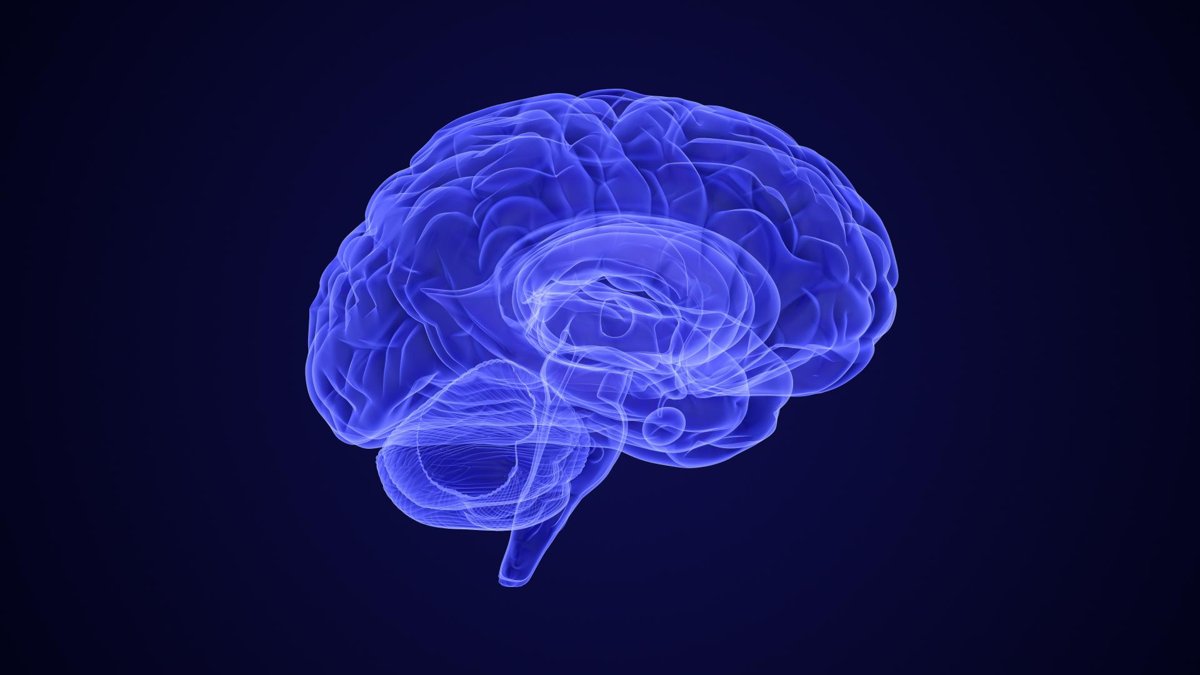
Alzheimer’s disease is the most common type of dementia. Learn more about the difference between dementia, mild cognitive impairment, and the pre-symptomatic phase of Alzheimer’s disease.
Dementia and Alzheimer’s
Dementia (also known as major neurocognitive disorder) is not a disease but a group of symptoms associated with a decline in thinking, reasoning, and/or remembering. If someone has dementia, they may have difficulty carrying out daily tasks they have performed routinely and independently throughout their lives.
Alzheimer’s disease is the most common type of dementia, but it is only one of many possible causes. Vascular cognitive impairment, dementia with Lewy bodies, frontotemporal dementia, Parkinson’s disease, Huntington’s disease, HIV, traumatic brain injury, and other conditions can cause dementia.
Bill looked at his father, Walter, who, for the third time, was telling us about the great adventures he had in the army after he enlisted around 1950. Walter became a successful engineer who worked productively into his mid-70s. When he experienced increasing forgetfulness, he recognized the need to wind down his career. He moved into the friendly and stimulating environment of a local assisted living facility’s memory unit. His life there was a good one. His close family relationships continued. He enjoyed detailed memories of the past, but recent events no longer made a lasting impression on his mind. Bill asked me, “What is my father’s diagnosis? Is he demented? Does he have Alzheimer’s disease? And what’s the difference between dementia and Alzheimer’s disease?”
Everything Changed in 2013
This question often comes up in a clinical interview, and up until recently, the answer would have been that dementia is diagnosed when a person has a severe memory problem in addition to difficulty with language or another cognitive function and that Alzheimer’s disease is the most common type of dementia. In 2013, though, everything changed.
The new psychiatric Diagnostic and Statistical Manual (DSM 5) renamed “dementia” as “major neurocognitive disorder” and added a new, less severe category of cognitive difficulty called mild cognitive impairment (or mild neurocognitive disorder).
Major neurocognitive disorder is diagnosed when disturbance of a single cognitive ability is severe enough to interfere with independence and the disturbance is not caused by drug use, delirium, or various other medical or psychiatric conditions. The cognitive abilities that are tested for this diagnosis are:
- complex attention
- language (expression and comprehension)
- executive function (skills that, for example, enable people to plan, organize, remember things, prioritize, or pay attention to tasks)
- perceptual-motor function (the visual perception of spatial relationships among objects)
- learning and memory, and
- social cognition.
Where Does Alzheimer’s Fit In?
Alzheimer’s disease is the most common type of dementia, but it is only one of many possible causes. Vascular cognitive impairment, dementia with Lewy bodies, frontotemporal dementia, Parkinson’s disease, Huntington’s disease, HIV, traumatic brain injury, and other conditions can cause severe cognitive changes.
Mild Impairment
Mild cognitive impairment, by contrast, is diagnosed when a less severe cognitive problem exists, manifested as difficulty with one of the six listed mental functions (listed above) that is significant enough to require compensatory activities, such as writing everything down in order to remember. Mild cognitive impairment, by definition, is not bad enough to rob a person of basic independence. The DSM 5 says that one possible cause of Mild cognitive impairment is Alzheimer’s disease, but it is only one of many medical or psychiatric conditions that can cause this clinical condition. In other words, Alzheimer’s can be present without dementia, and dementia can be present without Alzheimer’s.
Alzheimer’s Begins Years Before Symptoms are Apparent
The DSM 5’s new definitions followed a series of very influential articles published by Alzheimer’s researchers in 2011. These experts encouraged us to recognize Alzheimer’s disease as a disease pathology rather than as a clinical syndrome. In other words, to understand that the effects of Alzheimer’s disease on the brain begin many years before memory loss or behavioral changes become apparent. The 2011 expert statement defined three stages of Alzheimer’s disease. The dementia phase is only the final stage. Earlier symptoms are recognizable in a symptomatic, pre-dementia phase (mild cognitive impairment). With amyloid PET scanning or various other biomarker measurements, doctors can also determine the presence of Alzheimer’s disease pathology in the brains of people with no apparent clinical symptoms. This is the asymptomatic or pre-symptomatic phase of Alzheimer’s disease.
A Diagnosis and an Important Question
When Walter was examined further in our clinic, we decided that his memory troubles were indeed the result of Alzheimer’s disease. He had dementia, and we were unable to identify any other medical or psychiatric disorder that could be responsible for his condition. An amyloid PET scan of Walter’s brain would likely have shown an accumulation of beta-amyloid protein found in the brains of people with Alzheimer’s. Bill asked, “What about me? Will I get Alzheimer’s disease?”
What we know now from biomarker research allows us to answer Bill’s question in a way that would not have been possible for past generations. We can tell Bill that he definitely does not have dementia and that if he has Alzheimer’s disease, it is in the pre-symptomatic stage. The occurrence of the disease in his father puts Bill at a small increased risk, so we’ll watch him in the future. For the present, we’ll encourage him to adopt a brain-healthy lifestyle that includes management of chronic medical diseases, stress reduction, healthy eating habits, adequate sleep, plenty of physical activity, engagement with others, and cognitive stimulation. Of course, this brain-healthy lifestyle is a good prescription for all of us!
About BrightFocus Foundation
BrightFocus Foundation is a premier global nonprofit funder of research to defeat Alzheimer’s, macular degeneration, and glaucoma. Since its inception more than 50 years ago, BrightFocus and its flagship research programs—Alzheimer’s Disease Research, Macular Degeneration Research, and National Glaucoma Research—has awarded more than $300 million in research grants to scientists around the world, catalyzing thousands of scientific breakthroughs, life-enhancing treatments, and diagnostic tools. We also share the latest research findings, expert information, and resources to empower the millions impacted by these devastating diseases. Learn more at brightfocus.org.
Disclaimer: The information provided here is a public service of BrightFocus Foundation and is not intended to constitute medical advice. Please consult your physician for personalized medical, dietary, and/or exercise advice. Any medications or supplements should only be taken under medical supervision. BrightFocus Foundation does not endorse any medical products or therapies.
- Disease Biology
- Other Dementias








